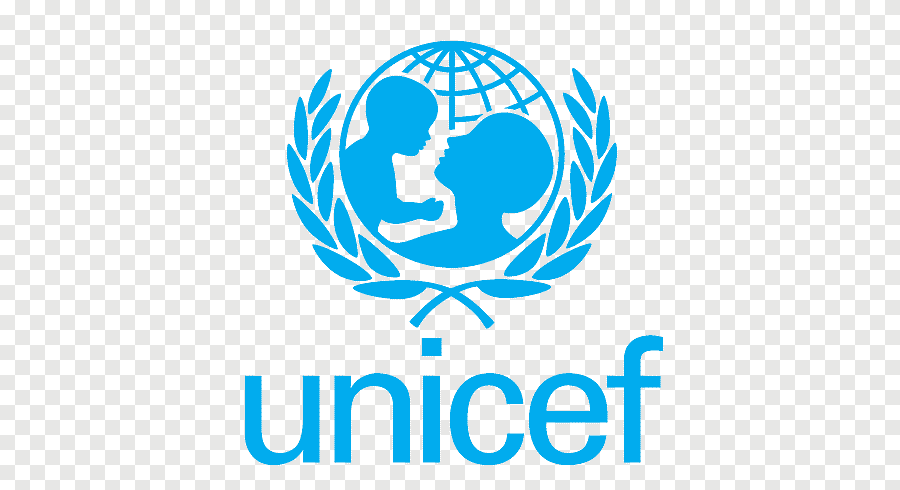The United Nations Children’s Fund (UNICEF) has raised alarm over an impending humanitarian crisis in Nigeria, warning that millions of vulnerable children and families may lose access to life-saving services due to a massive funding gap.
Speaking in Maiduguri on Monday during the 2025 World Humanitarian Day commemoration, UNICEF’s Maiduguri Field Office Chief, Francis Butichi, revealed that the organisation had received only $95 million out of the $255 million required for this year’s operations. The shortfall of $160 million—about 67 percent—threatens to cripple health, nutrition, education, and water projects across the country.
“The impact is profoundly crushing at the local level, where conflict, climate change, and disease outbreaks are recurrent,” Butichi said. He lamented that communities in the North-East were already struggling with floods and shrinking services in Internally Displaced Persons (IDP) camps.
Despite the constraints, UNICEF reported that it had reached over 1.3 million people with healthcare, treated 340,000 children for severe malnutrition, provided safe water to 185,000 people, and enrolled 500,000 displaced children in schools this year alone. Butichi urged governments, donors, and the private sector to rally behind local humanitarian groups, stressing that “life-saving nutrition, immunisation, health and protection services for conflict, flood and displaced communities must not stop.”
Northern states are already bracing for the fallout. Gombe State said it anticipated the challenge and had set aside special budgetary allocations for healthcare, education, and human capital development. Kebbi and Sokoto states confirmed that they had paid counterpart funding for UNICEF projects, pledging to sustain programmes despite global funding cuts.
In Jigawa, however, officials admitted the crisis could hit hard, warning that nutrition, vaccination, and safe water delivery may face disruptions. The state said it was intensifying efforts through civil society and community volunteers but stressed that urgent support is needed to prevent a collapse of essential services.
With rising insecurity, floods, and displacement compounding the situation, UNICEF has called for urgent collective action to bridge the funding gap before Nigeria’s most vulnerable pay the heaviest price.





